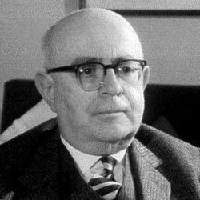Theodor W. Adorno typ osobowości MBTI
Osobowość
"Jaki typ osobowości jest {profilename}? {profilename} jest typem osobowości {mbti} w mbti, {enneagram} - {iv} - {tritype} w enneagram, {big5} w Big 5, {sociionics} in Socionics."
tldr: imagine dedicating your life to the critical study of how capitalism and fascism affected art and the human psyche for people to remember you as the guy who hated jazz. Him being critical of contemporary art doesn't mean he was a Si necessarily. You have to remember he was a multifaceted individual who not only wrote about aesthetics but also was pretty well read, had a philosophical background, made further developments to Marxism and dialectics, dedicated a good portion of his work to fight fascism, and yes, even composed avant-garde music. One of the reasons why he despised mass culture was the way art was being commodified by capitalism and people ended up alienated as a result, it wasn't just a reaction or a sensorial rejection because he didn't get it or something, it was a critical analysis with a societal perspective and a base in theory. In fact, his criticisms are pretty much against aestheticism and the formalization of the arts through old standards. His criticisms of Stravinsky and the modern composers, for instance, were based on how they ended up tying themselves to a new canon. On the other hand, he championed art that came through spontaneously and could reveal our unconscious true nature (which sounds pretty Ni)
Biografia
Theodor W. Adorno (born Theodor Ludwig Wiesengrund; September 11, 1903 – August 6, 1969) was a German philosopher, sociologist, psychologist and composer of Jewish descent known for his critical theory of society. He was a leading member of the Frankfurt School of critical theory, whose work has come to be associated with thinkers such as Ernst Bloch, Walter Benjamin, Max Horkheimer, Erich Fromm, and Herbert Marcuse, for whom the works of Freud, Marx, and Hegel were essential to a critique of modern society. He is widely regarded as one of the 20th century's foremost thinkers on aesthetics and philosophy, as well as one of its preeminent essayists. As a critic of both fascism and what he called the culture industry, his writings—such as Dialectic of Enlightenment (1947), Minima Moralia (1951) and Negative Dialectics (1966)—strongly influenced the European New Left.
Osobowość correlate
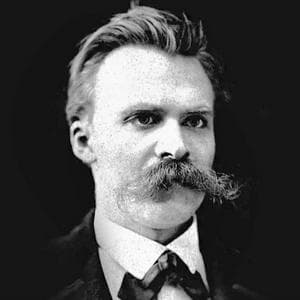
Friedrich Nietzsche
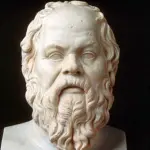
Socrates

Arthur Schopenhauer
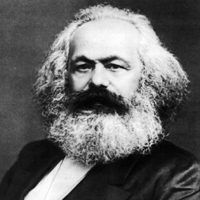
Karl Marx

Albert Camus

Immanuel Kant
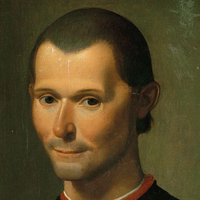
Niccolò Machiavelli
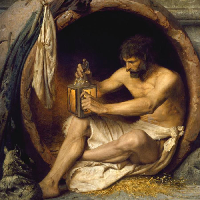
Diogenes
